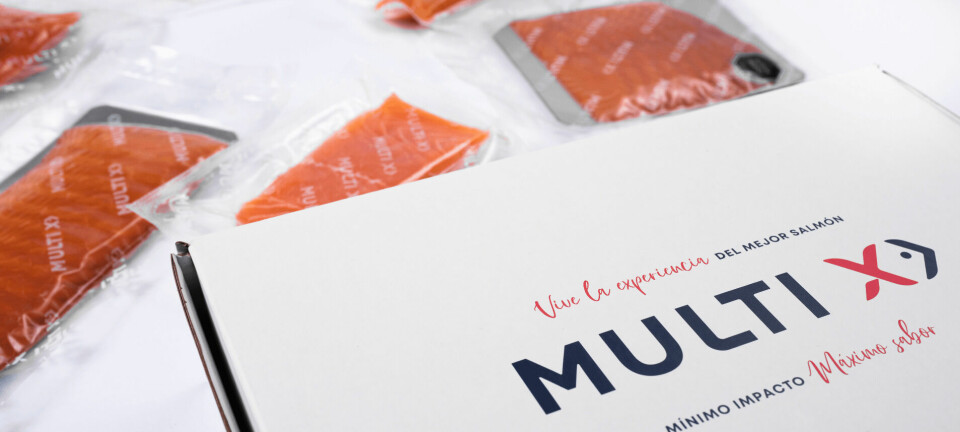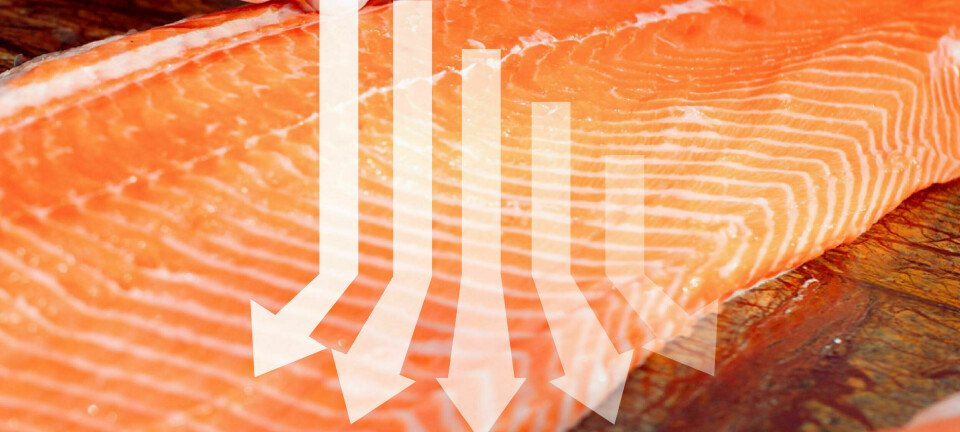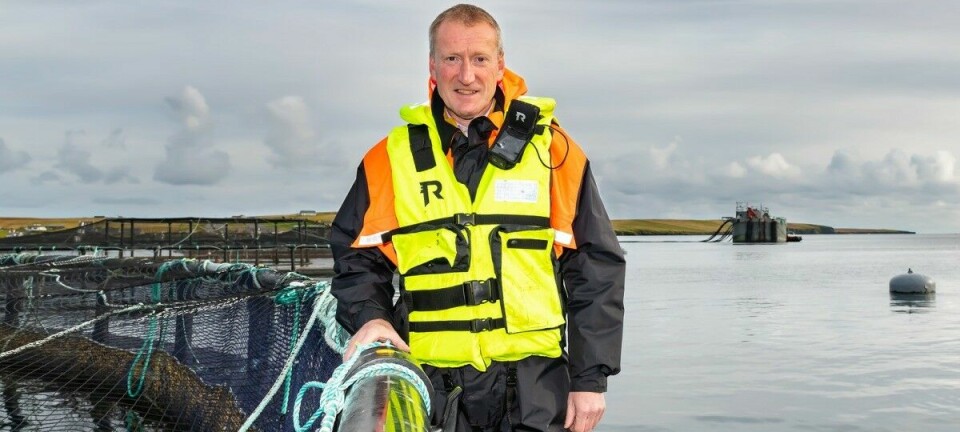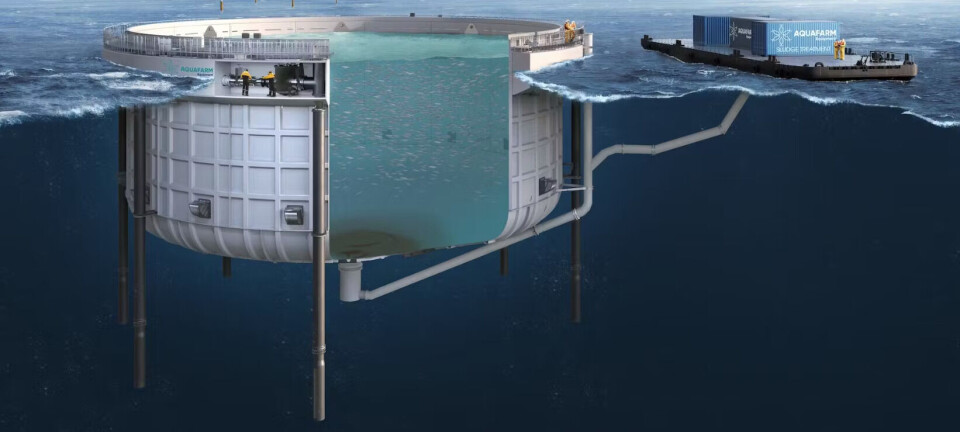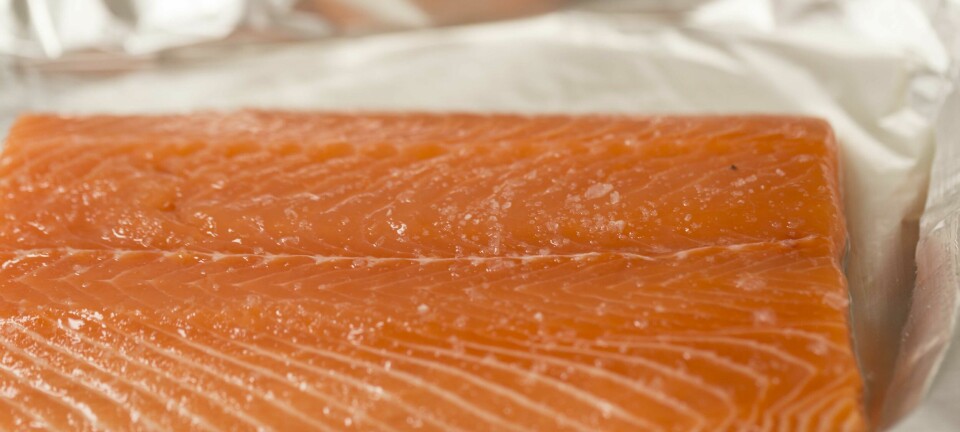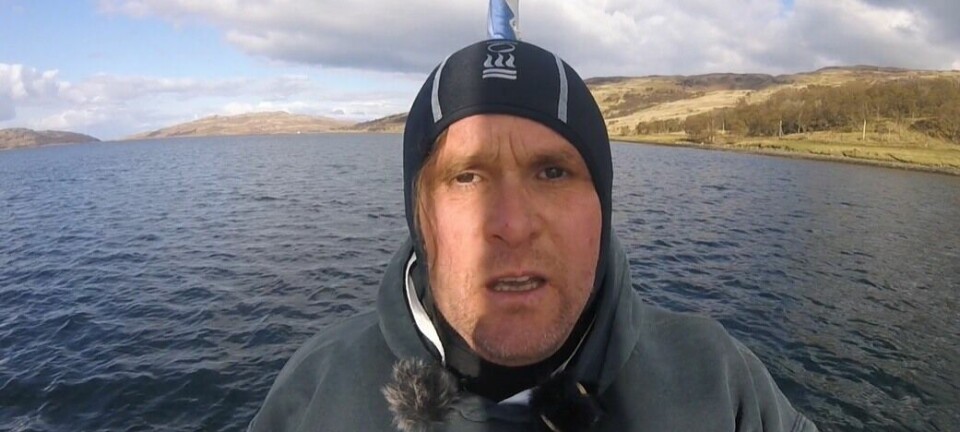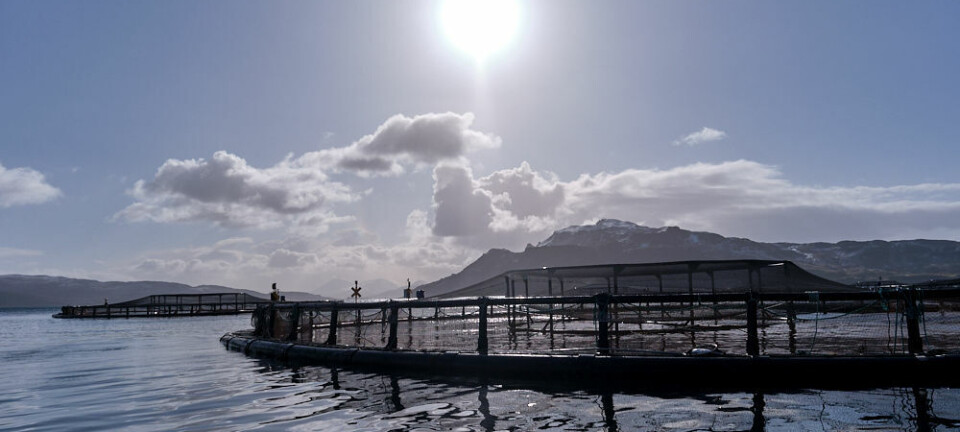
Cooperation among fish folks appreciated
Carol Schmitt and Bruce Kenny know more about growing healthy Pacific salmon smolts than most. For more than two decades, their hatchery’s financial survival depended on the biological survival of their Chinook salmon juveniles. And having their own seawater fish farm allowed them to test a variety of strategies for successful smolt production. They have now set their sights on the improvement of ocean survival rates of some of the approximately five hundred million salmon hatched and released each year from salmon enhancement facilities in British Columbia. Their recommendation that Chinook salmon smolt should be held in fresh water for a year or more before being released is being met with resistance from hatchery staff that has become accustomed to releasing the fish a lot earlier and therefore at a much lower cost.
Schmitt and Kenny contend that their Chinook salmon smolt production strategy is much more in line with the fish’s natural development cycle, and that this should lead to much better survival in the ocean. They have now convinced a long list of participants- including salmon farming companies, volunteer stream keepers and government hatchery personnel- to work together to test their hypothesis in three different rivers on Vancouver Island, one being the Phillips River near Campbell river, as a local newspaper (Campbell River Mirror)editorial explains;
Let’s take a moment or two to step aside from the federal election to have a look at the fisheries scene here on the West Coast – from a political point of view. On Monday, muck-slinging anti-salmon farm campaigners took aim at aquaculture companies in Campbell River. Earlier this year, angry recreational fishermen condemned Fisheries and Oceans Canada for not providing them with their fair share of the halibut fishery. They’re still trying to make halibut allocation an election issue – a fishy one at that.
Some things never seem to change, but occasionally there’s a glimpse of sanity and that good old Canadian spirit of people from different walks of life working together to create change for the better. Last week’s release of 50,000 Chinook salmon smolts on the Phillips River system is a perfect example. Wild runs of Chinook on the Phillips, and just about every other river system on the coast, are in serious decline.
Typically, such declines are met by a lot of finger-pointing, while a small band of volunteer stream keepers are left with the enormous task of trying to save what little fish are left. But the project on the Phillips shows how different groups are working together, in spite of their differences, to create a self-sustaining run of wild chinook. Led by the volunteers of the Gillard Pass Fisheries Association, the project is receiving the support of fishing lodges, private companies, fish farming companies, a privately-run hatchery and even Fisheries and Oceans Canada. That’s remarkable and it sets a fine example of how to deal with all fisheries issues.

